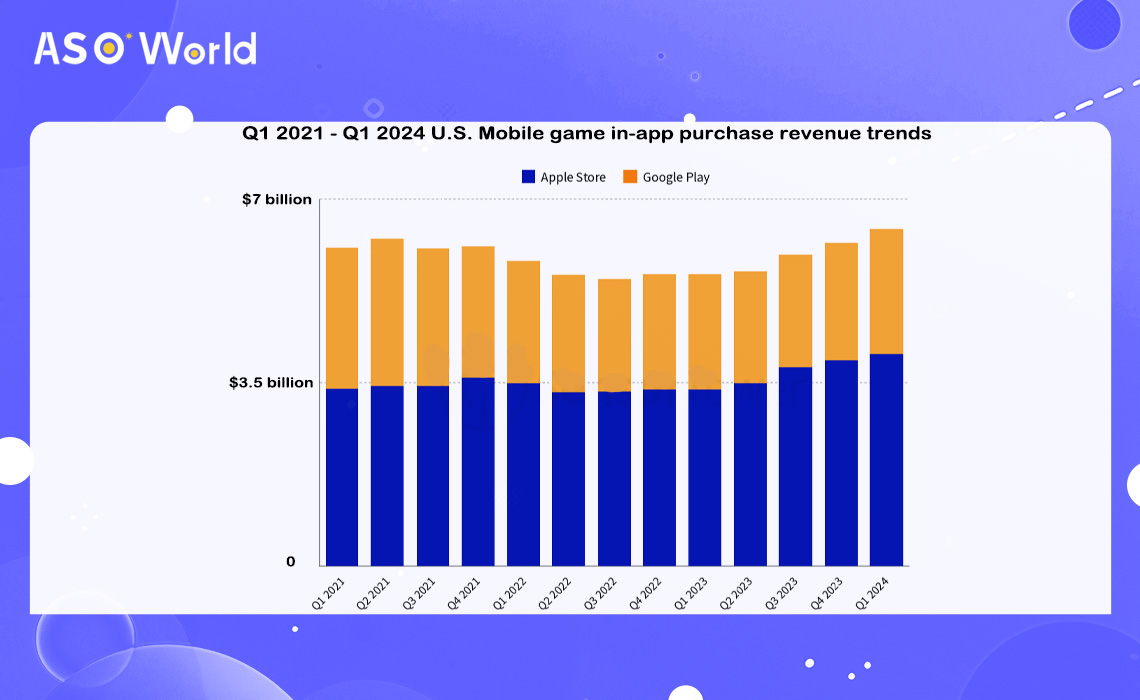Your Ultimate Hookup Resource
Explore a comprehensive directory for connections and relationships.
Gaming Trend Forecasting: A Glimpse into the Gamer's Future
Discover the future of gaming! Explore emerging trends and predictions that will shape the gaming landscape for years to come. Dive in now!
Emerging Technologies Shaping the Future of Gaming
The emerging technologies defining the future of gaming are creating immersive experiences that go beyond traditional gameplay. With advancements in virtual reality (VR) and augmented reality (AR), players can now interact with digital environments as if they were real. These technologies utilize sophisticated headsets and mobile devices to bridge the gap between the physical and virtual worlds, enhancing player engagement through lifelike interactions. Additionally, cloud gaming is revolutionizing how games are accessed, allowing gamers to stream high-quality titles directly to their devices without the need for expensive hardware.
Moreover, technologies such as artificial intelligence (AI) and machine learning are being integrated into game development to create adaptive and personalized gameplay experiences. AI-driven characters can learn from a player's decisions and adjust the game environment accordingly, making each session unique. Furthermore, the rise of blockchain technology is introducing new ways for players to own digital assets securely, allowing for true ownership of in-game items and fostering a thriving economy within gaming ecosystems. Together, these innovations are not just enhancing games; they are reshaping how players engage with and perceive the gaming landscape.

Counter-Strike is a highly popular team-based first-person shooter game that pits terrorists against counter-terrorists in various objective-based game modes. Players can improve their gameplay by utilizing various strategies and weapons, and those looking to enhance their gaming experience should consider checking out the clash promo code for exclusive offers. With its fast-paced action and tactical depth, Counter-Strike continues to be a favorite in the esports scene.
The Rise of Cloud Gaming: What Gamers Need to Know
The world of gaming is evolving rapidly, and cloud gaming is at the forefront of this transformation. This innovative technology allows gamers to play games over the internet without the need for powerful hardware. Instead of relying on a console or a high-end PC, players can access a library of games via the cloud, streaming them directly to their devices. This shift is not just about convenience; it opens up opportunities for accessibility, enabling gamers to enjoy high-quality titles on a variety of devices including smartphones, tablets, and smart TVs. As companies like Google with Stadia and Microsoft's Xbox Cloud Gaming push the boundaries, gamers need to understand what this means for the future of gaming.
As the cloud gaming market expands, there are several key points that every gamer should consider:
- Subscription Models: Many cloud gaming services operate on a subscription basis, allowing users to access a vast library of games for a monthly fee.
- Internet Connection: A stable and fast internet connection is crucial for an optimal gaming experience. Lag and latency can severely impact gameplay.
- Compatibility: Check if your devices are compatible with the cloud gaming platform you choose to avoid any frustrations.
How Virtual Reality is Redefining the Gaming Experience
Virtual Reality (VR) has emerged as a game-changer in the gaming industry, offering immersive experiences that are transforming the way players interact with digital worlds. With advanced technologies such as motion tracking and haptic feedback, gamers can now step inside their favorite games, making the experience feel more real than ever before. This shift is not just about better graphics or sound; it's about creating a three-dimensional environment where players can engage in ways that traditional gaming formats simply cannot replicate.
The integration of VR technology in gaming has led to a surge in innovative gameplay mechanics. For instance, players can physically navigate their surroundings, which adds a new layer of strategy and engagement. Titles like Beat Saber harness the capabilities of VR to provide a unique fitness experience, while adventure games allow users to explore vast digital landscapes. As developers continue to explore the possibilities of VR, we can expect even more groundbreaking titles that challenge our perceptions of what gaming can be.